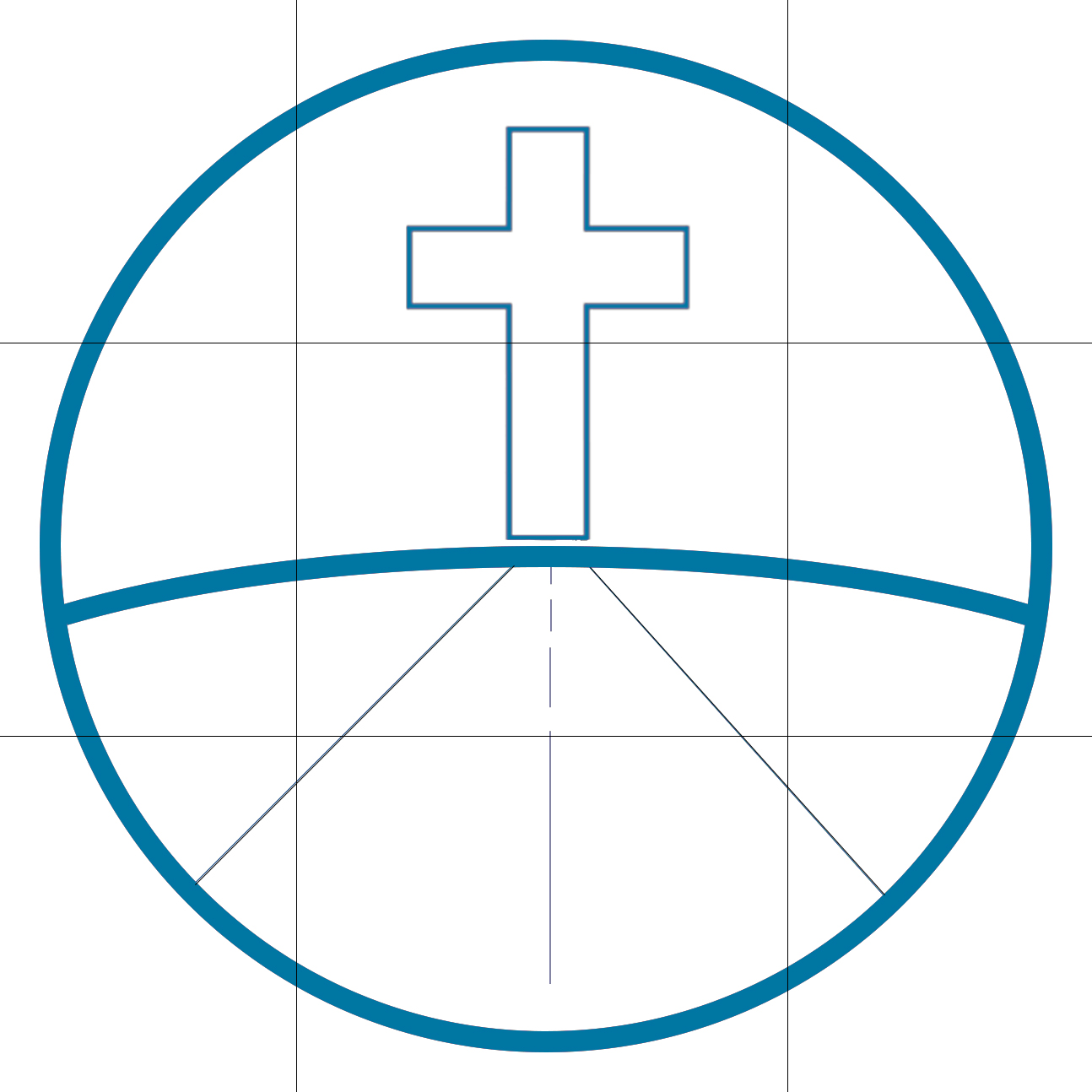
“When I let go of what I am, I become what I might be.” —Lao Tzu
This whole period of time is now being referred to as “the great pause“. When I first heard that, I rather liked it. It was hopeful because the strong inference in that sort of description is that this is all temporary, that life as we knew it will someday return. Change can be hard, but a pause is only something to get through so we can find some measure of a full return. I swim out to deep waters knowing I can turn around and return to the same shore. But what if we set out… and then learn that that may not be possible… that it’s out to new land where we must regain our footing, our safety, our rest?
I’m beginning to see all this as possibly more of a reset than a pause. What if this ends up being “the great reset…”?
Many of us experience personal resets… often through tragedy or suffering. Life can throw a trauma or illness or significant loss in our direction and it can change us. Sometimes this happens collectively as in war or when there is a natural disaster. We strive to recover but then we are never fully the same as before. This happens.
My own personal mindset has leaned hard towards a don’t-panic-this-too-shall-pass way of thinking. Nose down, I’m saying to myself, nose down. Just get through this.
But what if all this lasts for a long time? What if, despite everyone’s best efforts, uncertainty lingers long enough to actually change us? To make us look in the mirror and realize we’re not all that invincible? That us haves are no better off than those we looked at from afar as the have nots, that those political disputes that consumed us are actually meaningless in the throes of chaos and unpredictability, that the judgments we cast onto each other never meant all that much to begin with, and that we are actually not the center of the universe and of all meaning and authority?
Buddhists advance the notion that we must achieve freedom from attachment? Christians seek a higher purpose and recognize that surrender to a greater authority is a required prerequisite to gaining salvation. And Hindus consider karma, which seeks appreciation of the connection between action, intent, and consequence. None of these advocate for comfort, certainty, or the pursuit of worldly power.
In times of reset, as we swim out into perilous current, we need to regain a sense of direction and feel progress. We have to understand what we are working towards so that we have what we need to continue. In times of reset, we must reconsider our priorities and our attachments. And we have to come to grips with whether we are willing to surrender to something greater.
Resets typically are not something we choose.
And we might actively resist them.
But that doesn’t mean they aren’t something we sometimes desperately need.

I agree wholeheartedly that this might be better approached as a reset than a pause. And to continue the metaphor of navigating unchartered waters, I share the following quote attributed to André Gide:
“Man cannot discover new oceans unless he has the courage to lose sight of the shore.”
LikeLike
Thanks, Karen. Wonderful and very applicable quote.
LikeLike
[…] recently wrote about this pandemic being a “great reset” (see here). As this evolves, progresses, and feels more and more like a “tightening noose” (as my […]
LikeLike